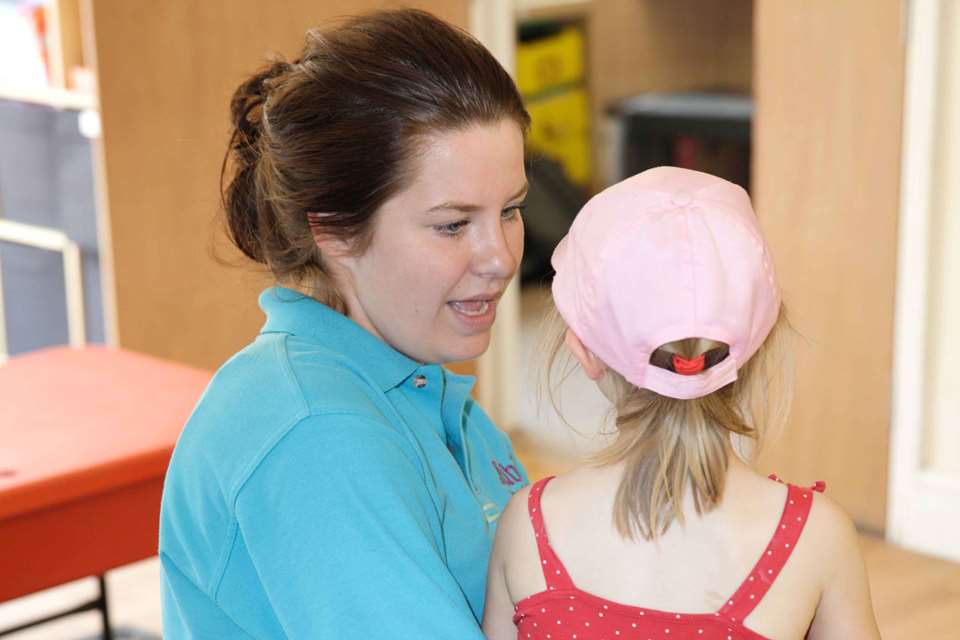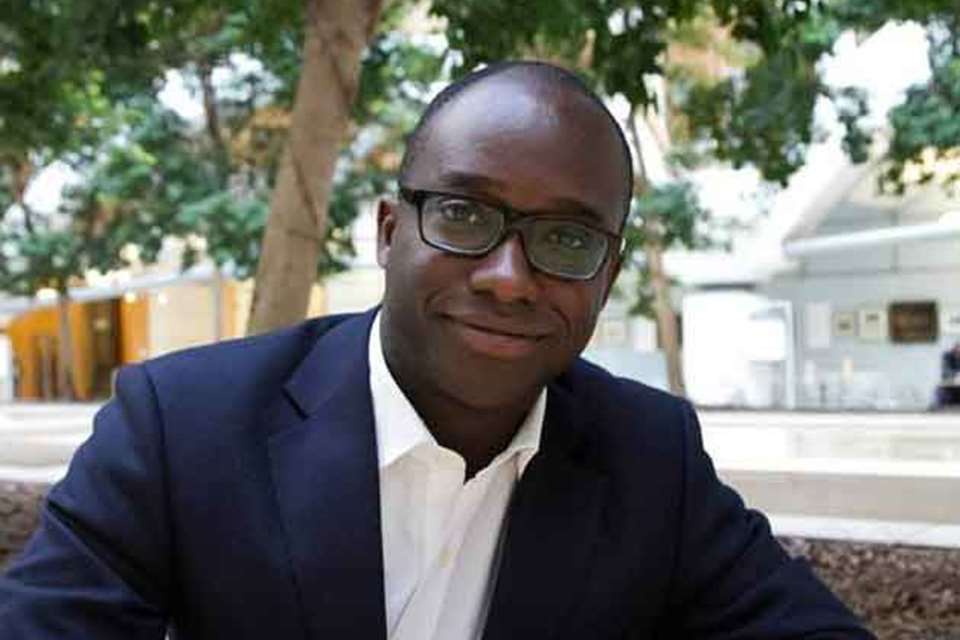GCSE rules scrapped for standalone Level 3 EYEs
Friday, July 31, 2015
The requirement for those taking standalone Level 3 Early Years Educator courses to have GCSE English and Maths at Grade C or above before starting the qualification has been removed just before the new funding year begins on 1 August.

The move, the latest in a series of rule changes for childcare courses, brings standalone courses (non-apprenticeships) for those aged 19 and over into line with Level 3 apprenticeships, for which the entry requirement was amended recently.
It comes in response to protests from the early years sector over a huge drop in those starting EYE courses and increasing difficulties in recruiting staff. Last month's National Day Nurseries Association survey reported that half of nurseries were struggling to find good candidates with the right qualifications and experience, and half of qualified level three and level two practitioners did not have GCSE maths and English at grade C or above.
Although apprenticeships still have an exit requirement for the GCSEs (ie on completion of the framework), the Skills Funding Agency confirmed that this would not be added to the standalone EYE. However, the workforce requirement to have the GCSEs set by the Department for Education will remain, meaning that those gaining an EYE will not be able to count in ratios at Level 3 without them.
The Skills Funding Agency said, ’We have removed the funding rule that learners must have GCSE English and maths grade C or above before enrolling on any Early Years Educator qualification through grant funding or through a loan. We have taken this action following the announcement that English and maths GCSEs at grade C or above will become an exit requirement for childcare apprentices rather than an entry requirement.
‘Whilst we will not place an exit requirement on standalone Early Year Educator qualifications, we expect providers to support learners who need to achieve English and maths GCSEs at grade C or above alongside the qualification in order to gain employment.’
The change could be particularly welcomed by childminders, who can now take an EYE qualification without the GCSEs, and who will not be affected by the workforce requirement on ratios as those in nurseries and other group settings are.
The latest amendment means that all GCSE entry requirements have now been removed. However, for 16- to 19-year-olds doing standalone (work or college-based) EYEs, those without the GCSEs need to be studying them alongside the EYE to get funding and will need to have achieved them to count in ratios at Level 3.
Liz Bayram, chief executive of the Professional Association for Childcare and Early Years said, ‘We are delighted the DFE has taken time to understand the challenges the GCSE requirements have presented for settings looking to recruit staff and for practitioners keen to progress their early years career. This development is welcome news. It strikes the right balance between ensuring the high standards children deserve and supporting individuals to enter the profession or, for many already in childcare, to progress beyond Level 2.
‘PACEY has valued the opportunity to work with the DfE on this and other workforce issues. It is positive progress that we hope to build on.’
Neil Leitch, chief executive of the Pre-school Learning Alliance, said, ’We warmly welcome this change, which creates far more consistency across all EYE Level 3 qualifications. Many learners had expressed concerns to us that the previous GCSE requirements would be a serious barrier to them progressing to Level 3, and so it is very encouraging to see that the government has listened, and responded positively, to sector feedback on this issue.
'We hope that the Department for Education will continue to engage with the sector on the issue of qualifications - particularly with regard to functional skills, and the continued calls for them to be recognised and accepted as GCSEs equivalents. Such a move will ensure that talented, dedicated potential practitioners are not prevented from establishing a career within the sector, and help ensure the sustainability of the early years workforce in the long term.'
Julie Hyde, executive director of the Council for Awards in Care, Health and Education (CACHE) commented, 'We are delighted with the decision to remove the GCSE entry requirement for standalone Early Years Educator qualifications. This is a significant step forward, enabling learners time to work towards their GCSEs whilst gaining the EYE qualification; however, the requirement for level 3 practitioners to hold GCSEs to count in the ratios means that a barrier to the workforce remains.
'We are pleased that Skills Minister Nick Boles is considering alternative qualifications as being equivalent to GCSE, and urge the Department for Education to consider making Functional Skills an accepted equivalent for learners of all ages undertaking an Early Years Educator qualification or Apprenticeship. We believe this will ensure the workforce is suitably prepared for the significant growth in demand for childcare due to Government doubling the amount of free childcare hours.'










